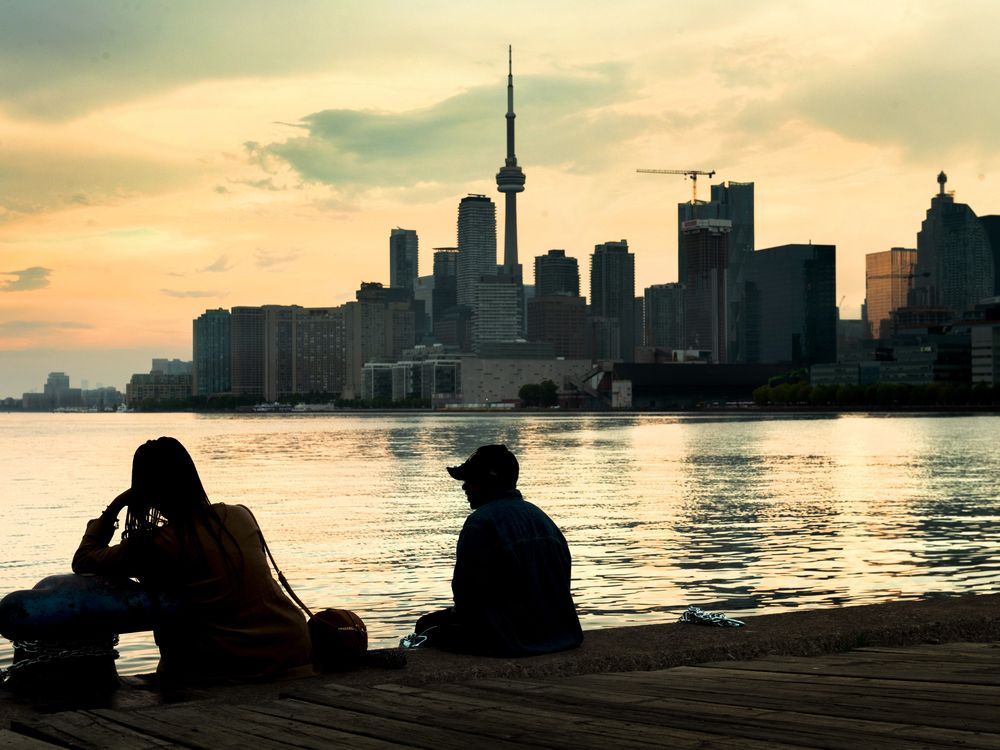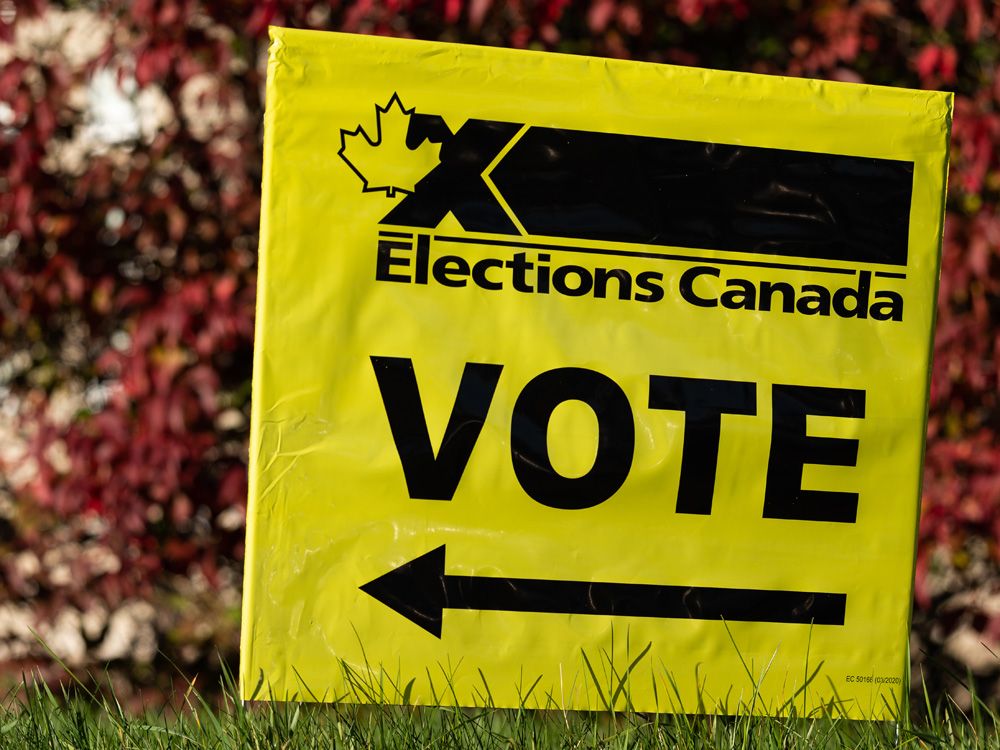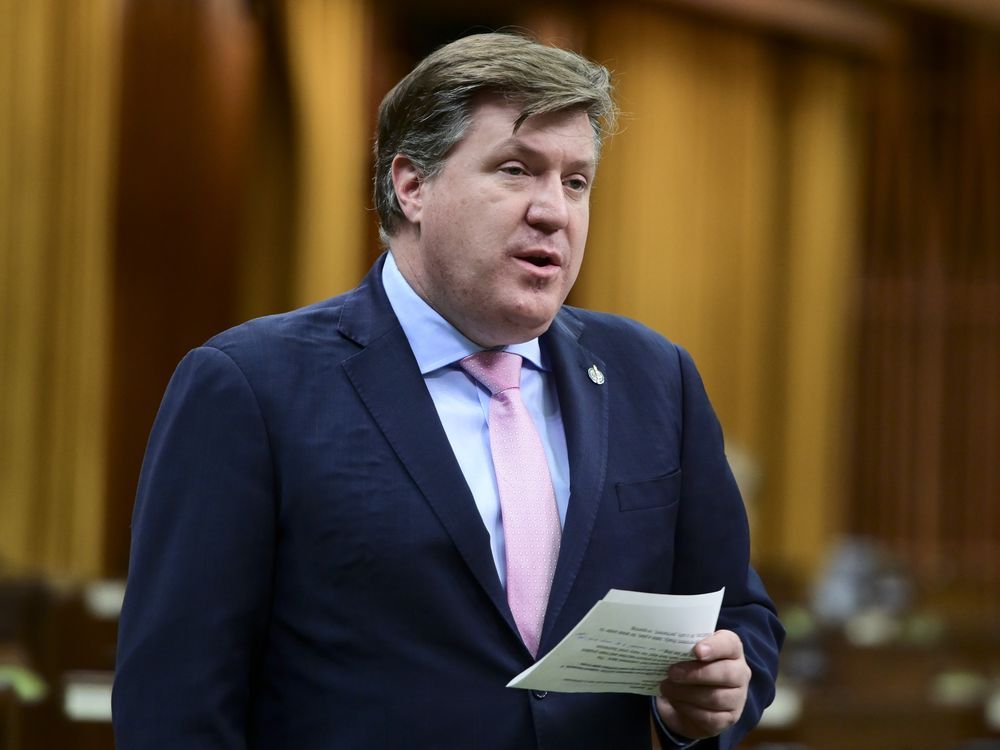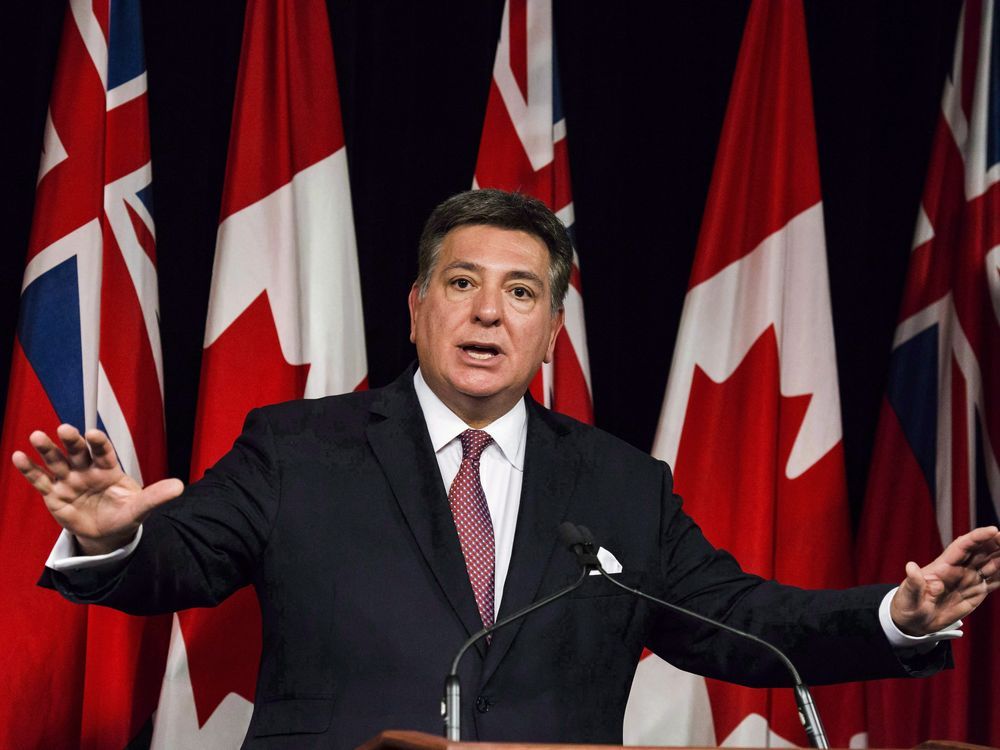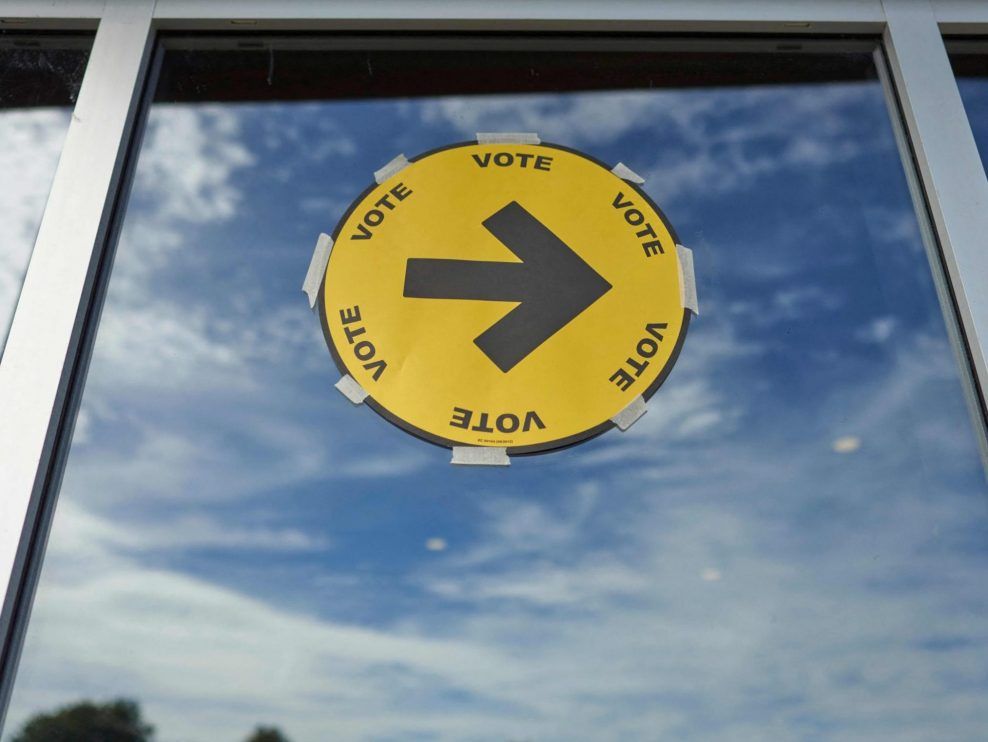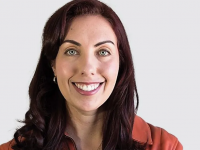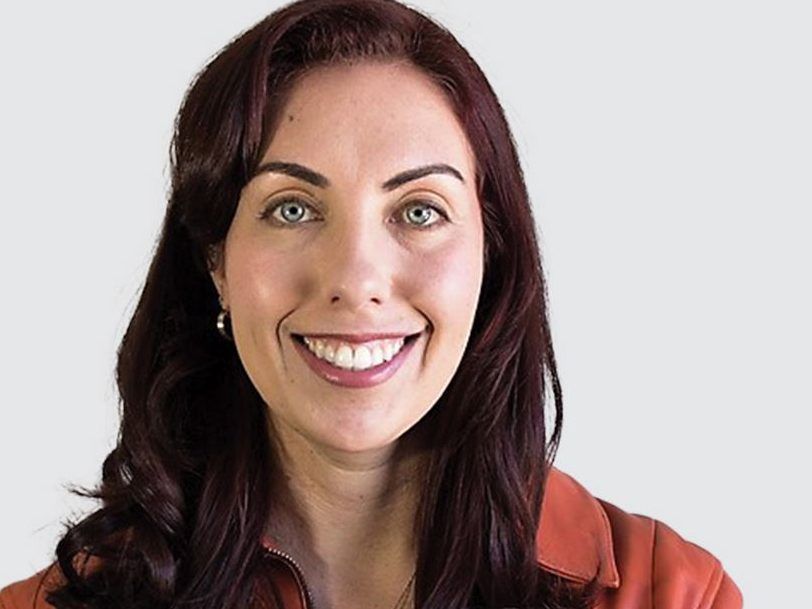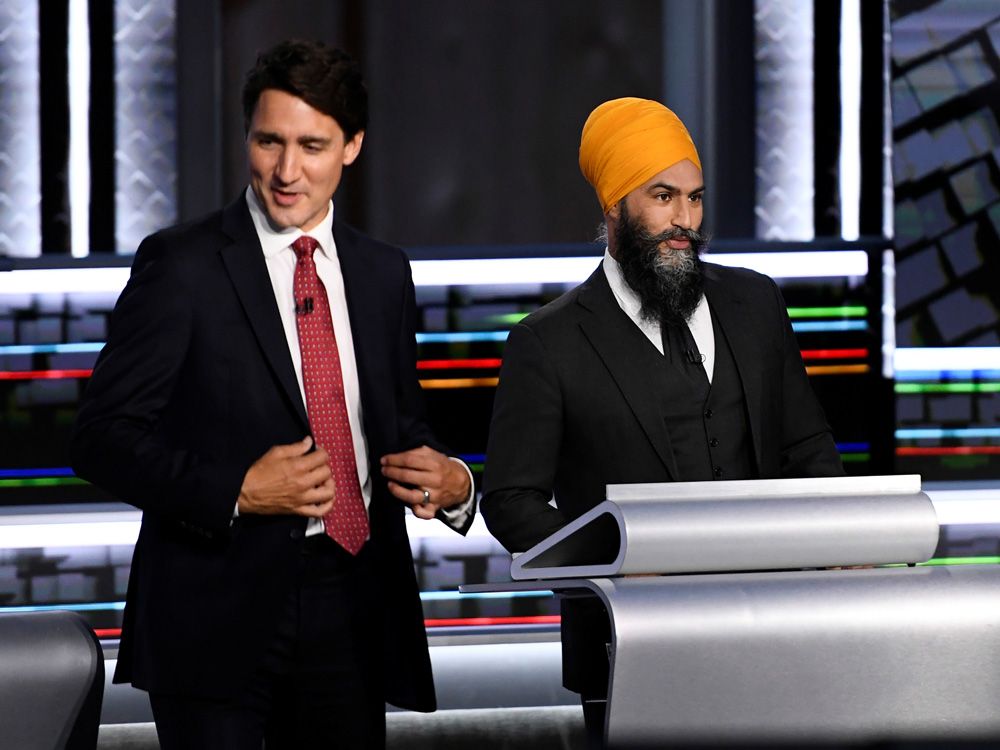“Will Trudeau know when the moment is right for leaving?” was the title of the analysis authored by La Presse’s Bureau Chief on Parliament Hill. In a column published last Tuesday, Joël-Denis Bellavance, a well-informed reporter, speculated that the prime minister might use his vacation time in Costa Rica to reflect on his future. If, as some expect, Justin Trudeau decides not to run for a fourth mandate, his party’s prospects in Quebec could become bleaker.
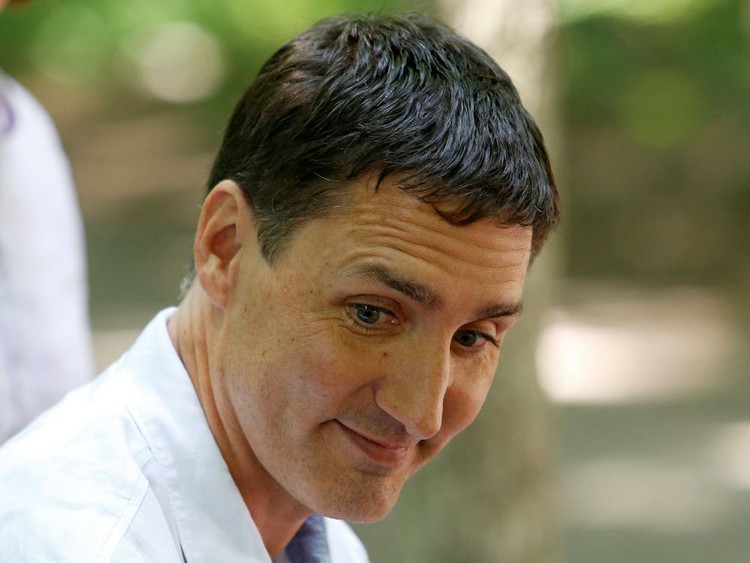
 apple.news
apple.news
What happens if Liberal support falls in Quebec? There is a strong enough conservative current in the province for the Conservatives to win a majority of seats here, which would make forming a majority government much easier. However, that depends on who the Conservatives choose as their next leader.
Ms. Freeland’s and Mr. Carney’s French is passable and could easily be improved with a bit of practice. Still, Freeland or Carney will have a hard time against the Bloc’s leader, the clever litigator Yves-François Blanchette, in a televised French debate.
If, for one reason or the other, the Liberals and/or the Conservatives fail in proposing an attractive alternative to Quebecers, many will turn to the Bloc. They will “park” their vote there, until one of the national parties gets its act together.
Justin Trudeau’s departure, when it happens, will impact all the pieces on Canada’s political chessboard, not least in Quebec. Here, national parties will again face the challenge of pulling away hundreds of thousands of Quebecers from the comfortable, isolationist Bloc vote. History shows that this is not an easy feat.
André Pratte: Trudeau’s departure could cause problems for the Liberals in Quebec — National Post
“Will Trudeau know when the moment is right for leaving?” was the title of the analysis authored by La Presse’s Bureau Chief on Parliament Hill. In a column published last Tuesday, Joël-Denis Bellavance, a well-informed reporter, speculated that the prime minister might use his vacation time in...
What happens if Liberal support falls in Quebec? There is a strong enough conservative current in the province for the Conservatives to win a majority of seats here, which would make forming a majority government much easier. However, that depends on who the Conservatives choose as their next leader.
Ms. Freeland’s and Mr. Carney’s French is passable and could easily be improved with a bit of practice. Still, Freeland or Carney will have a hard time against the Bloc’s leader, the clever litigator Yves-François Blanchette, in a televised French debate.
If, for one reason or the other, the Liberals and/or the Conservatives fail in proposing an attractive alternative to Quebecers, many will turn to the Bloc. They will “park” their vote there, until one of the national parties gets its act together.
Justin Trudeau’s departure, when it happens, will impact all the pieces on Canada’s political chessboard, not least in Quebec. Here, national parties will again face the challenge of pulling away hundreds of thousands of Quebecers from the comfortable, isolationist Bloc vote. History shows that this is not an easy feat.
